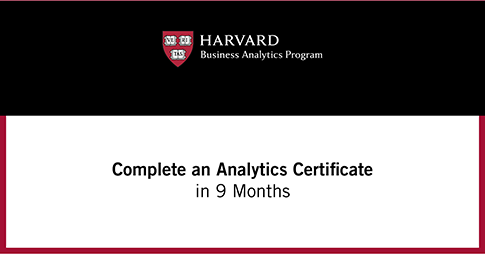What’s the Difference Between Data Analytics and Data Analysis? | FAQs
Data analysis and data analytics are often treated as interchangeable terms, but they hold slightly different meanings.
Essentially, the primary difference between analytics and analysis is a matter of scale, as data analytics is a broader term of which data analysis is a subcomponent. Data analysis refers to the process of examining, transforming and arranging a given data set in specific ways in order to study its individual parts and extract useful information. Data analytics is an overarching science or discipline that encompasses the complete management of data. This not only includes analysis, but also data collection, organisation, storage, and all the tools and techniques used.
It’s the role of the data analyst to collect, analyse, and translate data into information that’s accessible. By identifying trends and patterns, analysts help organisations make better business decisions. Their ability to describe, predict, and improve performance has placed them in increasingly high demand globally and across industries.1
Data analysis vs data analytics
Watch this short video where Norah Wulff, data architect and head of technology and operations at WeDoTech Limited, provides some more insight into how data analytics is different to data analysis.
Wulff is head tutor on the Data Analysis online short course from the University of Cape Town.
Popular data analytics tools:
- Tableau Public
- OpenRefine
- KNIME
- RapidMiner
- Google Fusion Tables
- NodeXL
- Wolfram Alpha
- Google Search Operators
Data analysis allows for the evaluation of data through analytical and logical reasoning to lead to an outcome or conclusion within a stipulated context. It is a multifaceted process that involves a number of steps, approaches, and diverse techniques. The approach you take to data analysis depends largely on the type of data available for analysis and the purpose of the analysis.
Techniques to improve effectiveness of data analytics tools for business are:
- Association rule learning
- Classification tree analysis
- Genetic algorithms
- Machine learning
- Regression analysis
- Sentiment analysis
- Social network analysis
Do you want to pursue a career in data analysis?
Make an invaluable contribution to your business today with the London School of Economics and Political Science Data Analysis for Management online certificate course.
Learn More About Data Analytics and Data Analysis with a Featured Online Master’s in Data Science Program or Online Business Analytics Certificate
- 1 CIO (Sep, 2019).

